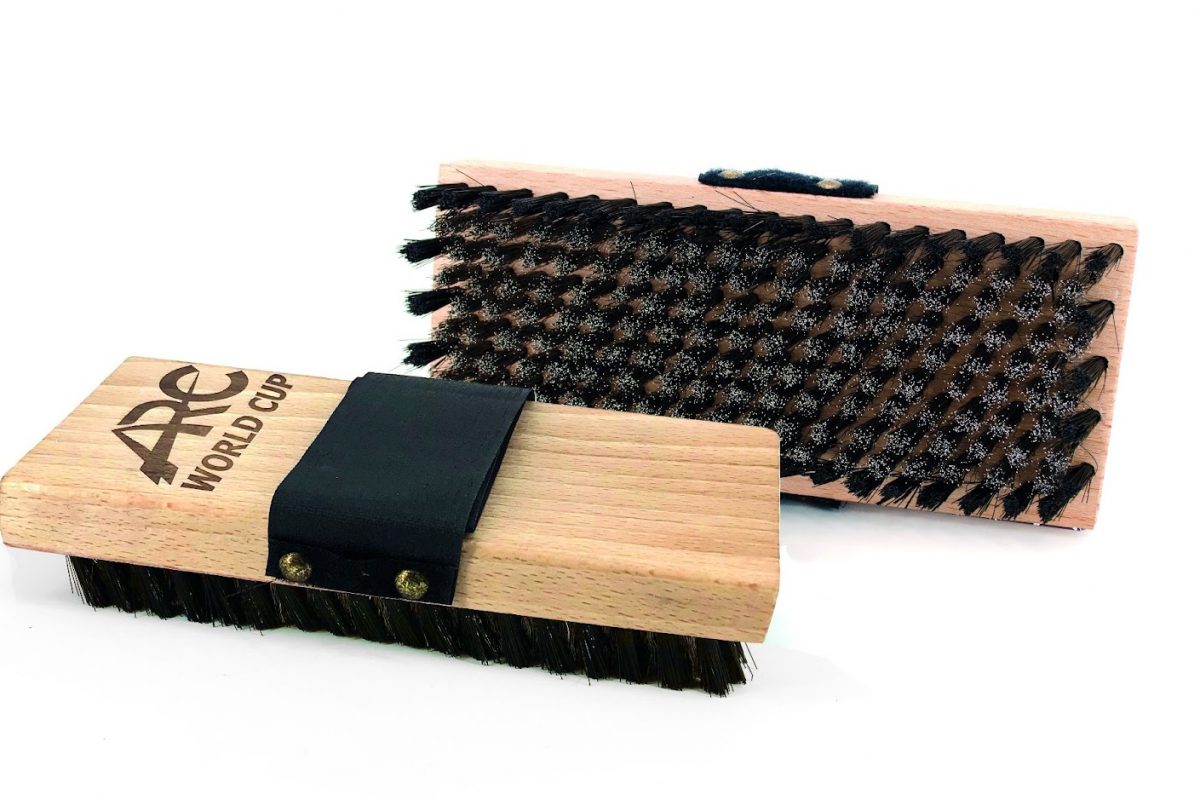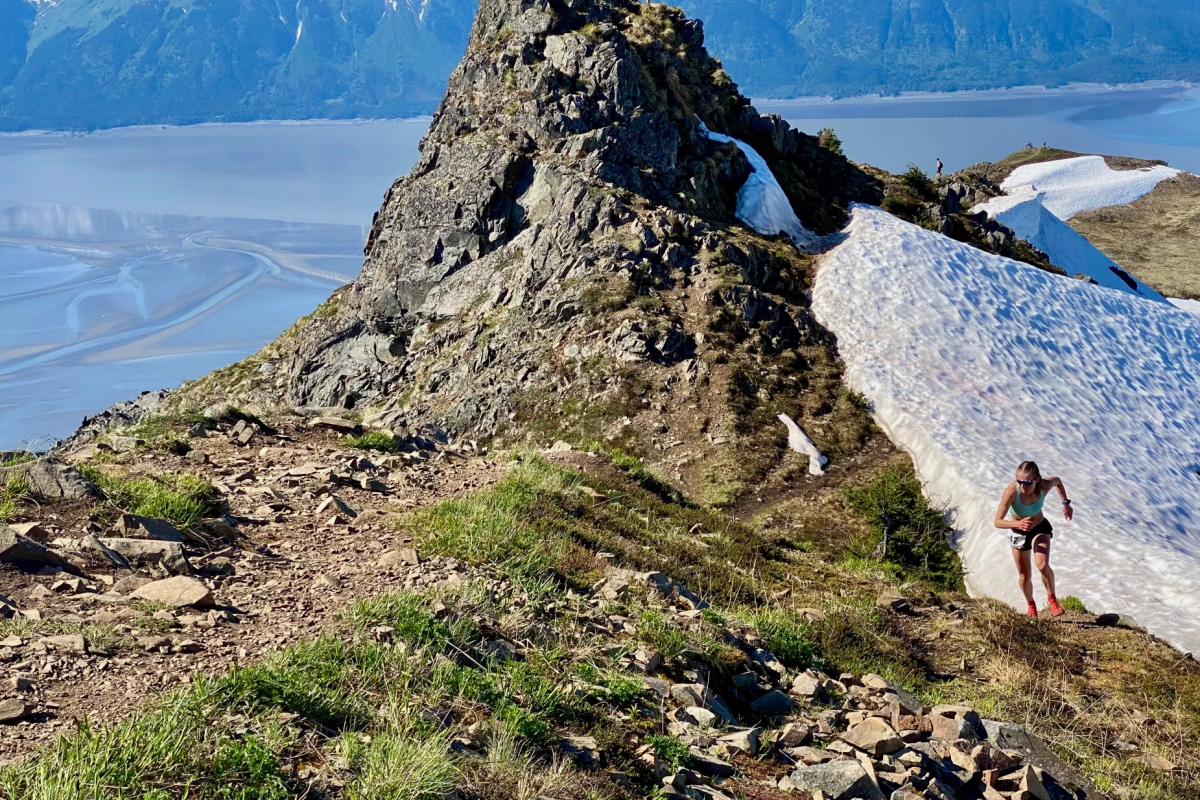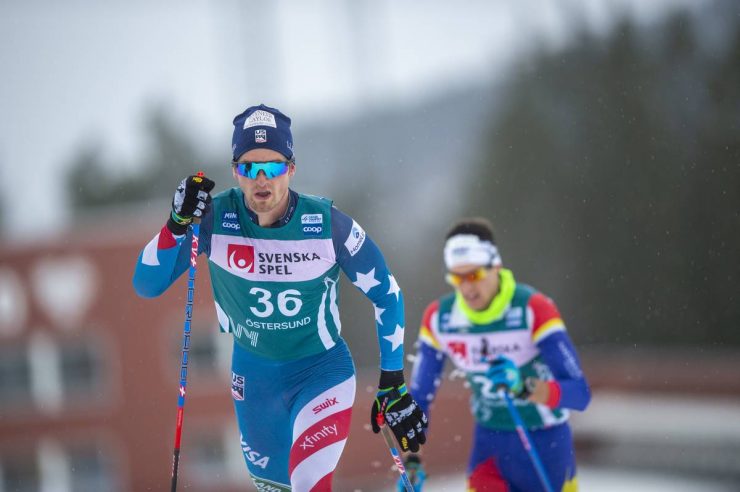
The razor-thin margin for national team selection in the U.S. played out again this season with David Norris (29) not discretioned onto the U.S. team – the sporting actuaries stated he lacked future medal potential.
On both sides of the aisle, making the team or not, the platitudes didn’t cushion the blow for a skier who has doggedly pursued endurance speed for over a decade. Norris earned his first national championship podium with a third place in 2011’s 15 k classic. With seven senior national podiums to his credit, Norris is the sort of grind it out athlete who finds no need for social media boasting or self-affirming flattery from “likes”.
Norris was the U.S. go-to on the distance World Cup this season. He spent the entirety of his race calendar in Europe with five individual World Cup top-30s to his credit. As was documented by Gavin Kentch, Norris was a near miss for a 2020-2021 U.S. Ski Team (USST) nomination. Norris was the top-ranked U.S. distance skier the past two seasons.
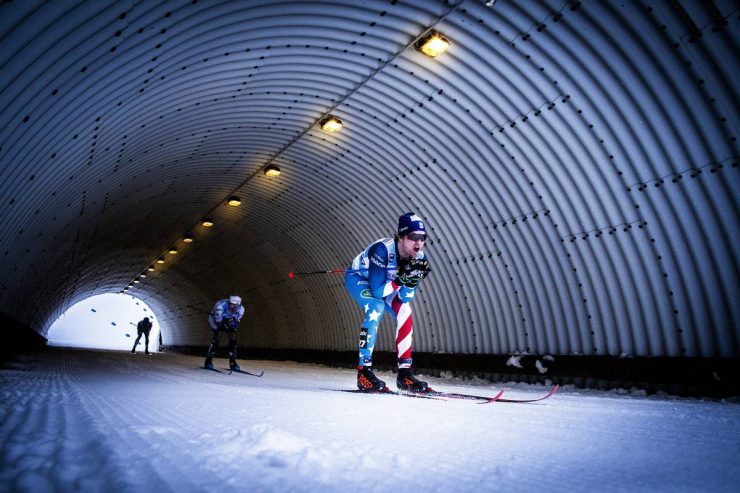
For skiers like Norris on the nationa team bubble, and aging themselves into tougher and tougher objective criteria to earn full funding as a USST member, Norris had some important decisions to make. He could have taken the odds of playing the FIS point game and returned for the 2020 Senior Nationals. That path would have likely presented fewer barriers to earn the points necessary for a USST nomination. Abroad, he would need to consistently earn top-30s on the World Cup.
Norris committed to the Tour de Ski foregoing the ticket to Houghton for Senior Nationals. His choice premised on gaining international success and raising the standard of U.S. men’s skiing
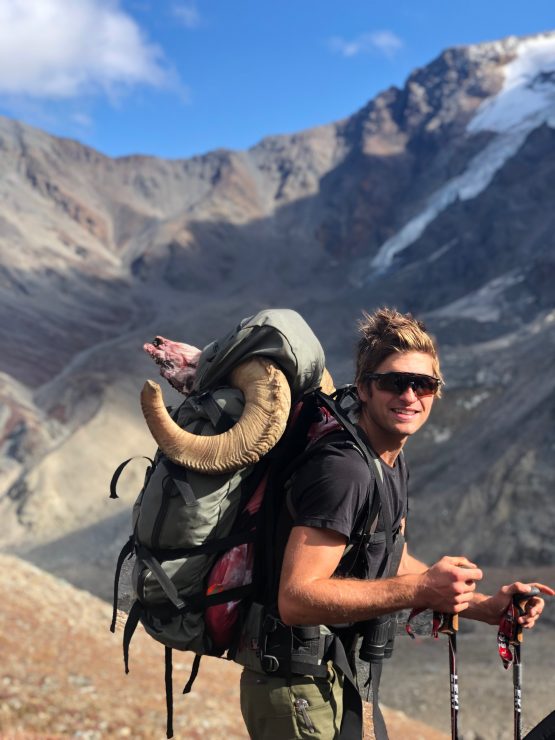
Having grown up in Fairbanks, Alaska, and rooted in epic cross-country hunts on foot or skis, Norris understands his unsettled place in the broader ecosystem of making ends meet. On the skiing front, he saw three elite peers in Ben Lustgarten, Kyle Bratrud, and Erik Bjornsen retire this year. All were under 30 and all had won national championships during their careers. All felt they had tapped out on their potential for improving and landing on the side of medal potential.
When speaking on the phone this April, Norris equated his depth of disappointment in not being named to the national team with a missed opportunity to take a Dall sheep on a hunt a few years back. For Norris hunting is a full-immersion endeavor.
He had pursued a sheep and was closing in on a clean shot. From a distance he was unable to discern if the sheep was legal for the take: a legal ram must be aged properly with horn shape, the most common method used for aging during a hunt. Norris hesitated. There was no trigger pull.
“I was just inexperienced enough that I was so cautious of not shooting an illegal ram,” said Norris. “I knew that would ruin my trip more than coming home empty-handed. But once I got home and between the photos I had taken and talking to people and seeing some horns in my hands, the sheep I was looking at and had stalked was clearly legal. It crushed my soul.”
Norris knows soul crushing as much as top-of-the-podium elation. Back in 2018, he missed out on qualifying for the Olympics by mere seconds in a closely packed sprint finish in the men’s 30 k at nationals.
As the pandemic took hold this spring, Norris spent mid-March through the end of May in Bozeman, Montana with his partner Jessica Yeaton. He has since returned to Anchorage for organized training with his APU team. Norris has reset and set goals of competing on the World Cup next year, qualifying for the 2022 Olympics, and notching a top-15 in Beijing.
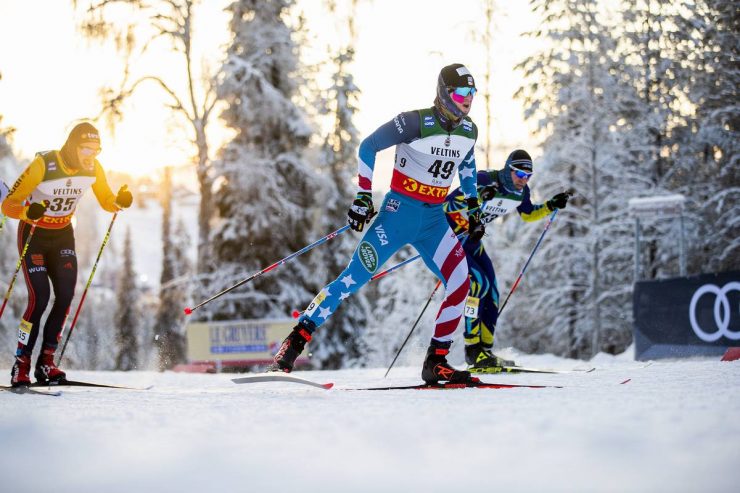
Those goals remain a reality as the skier made steady-state improvements on the World Cup this season. Norris credits his APU mates with his progress since joining the team six years ago.
“On our APU team it is not really discouraging to get beat on by each other because you know everyone is actually really legit,” Norris said. “Most guys on the team have podiumed at SuperTour. Luke Jager was beating up on people at World Juniors and the same when Gus Schumacher joins us. We all know Bjornsen’s results and Scott Patterson’s 11th place at the Olympic 50 k.
“With APU, to my benefit, I can go a month without dominating a single workout because on a given day Luke will throw down on the double pole workout and Scott can bound up a hill ridiculously fast and everybody has their own strengths. And particularly when their strength lines up with my weakness it challenges me and pushes me. I am super grateful to those guys and their abilities.”
Part of Norris’s job is finding success beyond the SuperTour. In discussing his full season on the World Cup, Norris said this season was more conducive to training and racing fast while living abroad.
“I think where people struggle and where I struggled in the past is just the mental side of it between being happy and getting along with everybody and feeling like you have purpose everyday – that kind of struggle,” Norris said.
Norris is a professional accountant. He found purpose this year using his non-racing skills. While traveling on the World Cup, he was able to work remotely for his online accounting clients. The daily routine of accounting work filled a void between twice a day workouts and long stints in hotels. According to Norris, his business, Front Range Financial LLC, gave him more structure.
Norris said he has plenty of work during the race season to cap his billable hours to 40 per month, and still afford himself time to train and recover. He recently completed his MBA to complement his accounting acumen. However, he’s reluctant to tap into his inner entrepreneur and grow the business. His priority is finding balance with an emphasis on meeting his racing goals.
The fact remains, Norris would have been relieved with a national team nomination and the more stress free situation of not having to raise 25 to 30 thousands dollars to sustain his World Cup racing as a non-funded athlete. That’s when his accounting and results sheet come in handy. With spreadsheets, a phone contact list, and an easygoing manner, Norris will work the phone and pound the Anchorage pavement keeping the dream alive.
Jason Albert
Jason lives in Bend, Ore., and can often be seen chasing his two boys around town. He’s a self-proclaimed audio geek. That all started back in the early 1990s when he convinced a naive public radio editor he should report a story from Alaska’s, Ruth Gorge. Now, Jason’s common companion is his field-recording gear.

